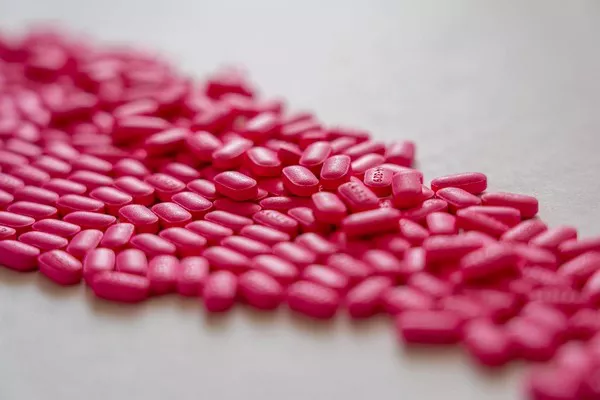New research suggests that a drug already approved for asthma and chronic hives could provide relief for individuals with multiple food allergies, offering protection against severe reactions to peanuts, eggs, milk, and other common foods.
In an early analysis of data from a clinical trial supported by the National Institute of Allergy and Infectious Diseases (NIAID), 165 children and adolescents who received injections of the drug Xolair demonstrated an ability to consume higher doses of allergenic foods without triggering severe allergic reactions compared to those who received placebos, according to Dr. Alkis Togias, chief of the allergy, asthma, and airway biology branch at NIAID.
“The major advantage of this medication is that it will cover more than one food, and that it has been around for about two decades, and we know its safety profile, which is pretty good,” explained Dr. Togias.
Xolair, a monoclonal antibody known as omalizumab, developed by Genentech and Novartis, is currently approved as a treatment for asthma. It has shown efficacy in reducing allergic asthma attacks and hives in previous clinical trials. The NIAID and Genentech recently announced that the Food and Drug Administration (FDA) is expediting the approval of Xolair for use against accidental exposure to foods.
While the drug can already be prescribed off-label for food allergies due to its FDA approval for asthma, getting medical centers and insurers to endorse it specifically for food allergies may be challenging. The monthly cost for Xolair for allergic asthma is approximately $3,663, with the average treatment duration being around 10 months. For chronic spontaneous urticaria (chronic hives), the monthly cost ranges from $1,323 to $2,646, depending on the dosage.
Full FDA approval for Xolair as a treatment for food allergies would address insurance-related challenges, making it more accessible for those in need. Dr. Togias notes that while insurance companies may still be hesitant, having an approved indication for food allergies will make it more difficult for them to resist coverage.
Approximately 2% of adults and 4-8% of children in the U.S. have food allergies, with anaphylactic shock leading to significant emergency room visits, hospitalizations, and deaths each year. Dr. Togias emphasizes that about 40% of people with food allergies are allergic to multiple foods.
The ongoing clinical trial, described on clinicaltrials.gov, enrolls participants with allergies to peanuts and at least two other foods known to cause severe reactions. Early results indicate promising protective effects of Xolair, offering hope for a potential breakthrough in treating multiple food allergies.


